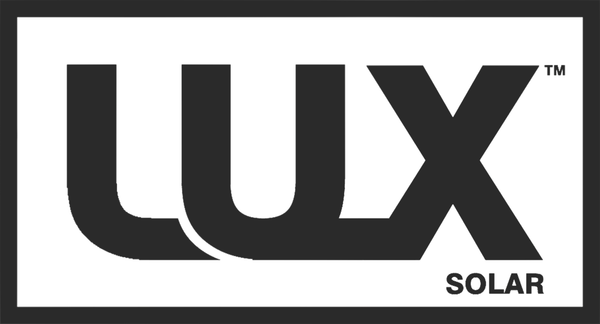
Is LiFePO4 (Lithium Ion Phosphate) worth it for caravans and RV Leisure Batteries?
LiFePO4 (Lithium Iron Phosphate): are becoming popular for caravans, RVs, campervans due to their long cycle life, higher current rating, safety features, and resistance to misuse. However, they do come with a higher price tag than older technology batteries such as AGMs!
In this article, we take you through the economic calculations you can use to decide if a LiFePO4 battery is worth the extra cost (TLDR- if you can afford it, then probably yes!)!
Key Advantages of Lithium Batteries
- Usable Capacity: Lithium batteries can be discharged up to 100% capacity without causing irreparable damage, unlike lead-acid batteries that offer only 50-65% usable capacity. Most users design systems around 90% discharge for maximum battery life.
- Cycle Life: High-quality lithium leisure batteries can endure thousands of cycles, significantly outlasting lead-acid batteries.
- Longevity: Lithium batteries often remain functional for 10-20 years or longer, making them suitable for both full-time and occasional van usage.
- Weight and Size: Lithium batteries are smaller and lighter compared to AGM alternatives.
- Discharge Rate: Lithium batteries sustain high discharge rates without losing significant capacity, perfect for appliances like induction hobs.
The "Science": How Lithium Leisure Batteries Work
Lithium batteries generate electricity through the movement of lithium ions and electrons. During discharge, ions move from the anode to the cathode, while electrons create a circuit to power connected devices. Recharging reverses this process, storing energy back in the battery. These batteries feature excellent energy capacity, lightweight design, and durability, making them ideal for campervan setups.
Leisure Battery Discharge Rate
When you use appliances from your battery, some batteries cope better with high power drain than others.
In Lead Acid/AGM Batteries, you draw power fast (like running a big appliance), AGM batteries won’t give you all their advertised power. For example, a 100Ah AGM battery can supply 5 amps for 20 hours, but if you try to pull 50 amps, you won’t get 2 hours, you’ll get only about 1 hour—so you actually get less power than you paid for.
Lithium Batteries don’t have this problem. You can draw big amounts of power quickly, and you’ll still get close to the full advertised battery capacity.
Why does this matter? If you want to run things like induction hobs or other high-power appliances in your campervan, boat, or off-grid setup, lithium batteries do the job better.
Cost Comparison
Lithium leisure batteries generally range in price from NZD $750 to $2,000 for a 100Ah capacity, depending on brand and features. In comparison: Lead Acid / AGM batteries are more affordable upfront, typically costing between NZD $400 and $600 for a similar 100Ah capacity. However, lithium batteries offer superior long-term value.
Key Comparisons: Lithium vs AGM
- Lifespan: Lithium batteries last 4.7x longer in terms of cycles.
- Weight: Lithium batteries are 3.4x lighter.
- Cost Efficiency: AGM batteries are cheaper but may need replacing every 2-4 years, while lithium batteries can last over 10+ years even under heavy use.
Conclusion: Lithium Ion Phosphate Leisure Batteries are probably Worth It
For long-term campervan use or off-grid living, lithium batteries are a game-changer due to their durability, efficiency, and capacity utilization. While their upfront cost is higher, their extended lifespan and superior performance ultimately make them a cost-effective solution for serious campervan enthusiasts.
